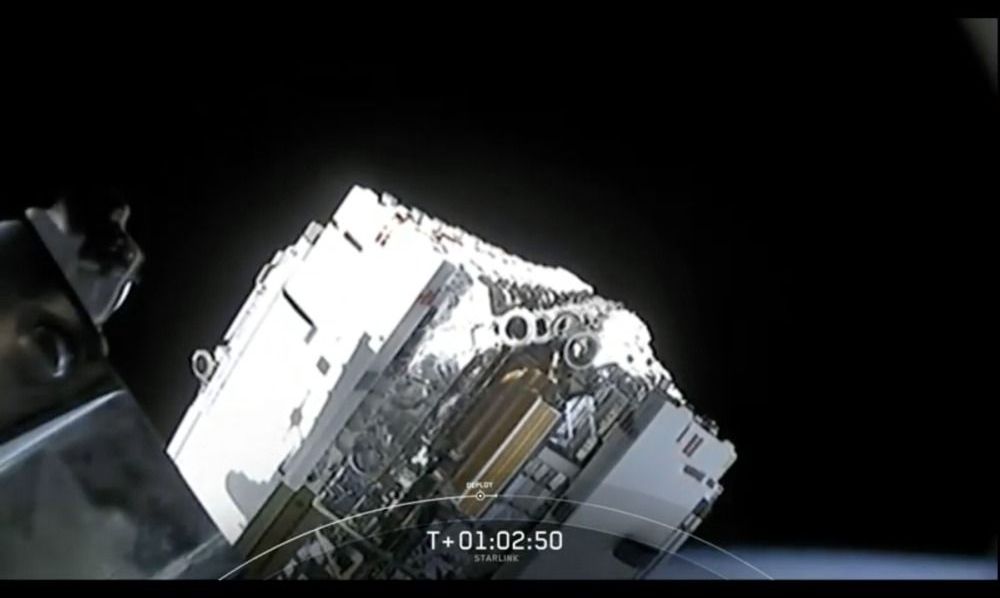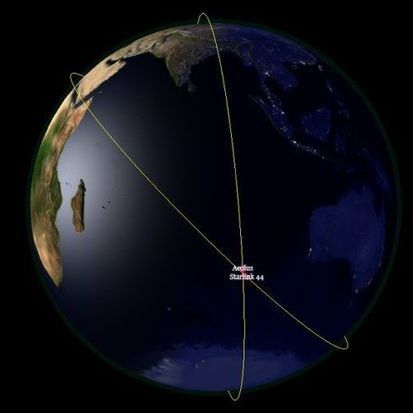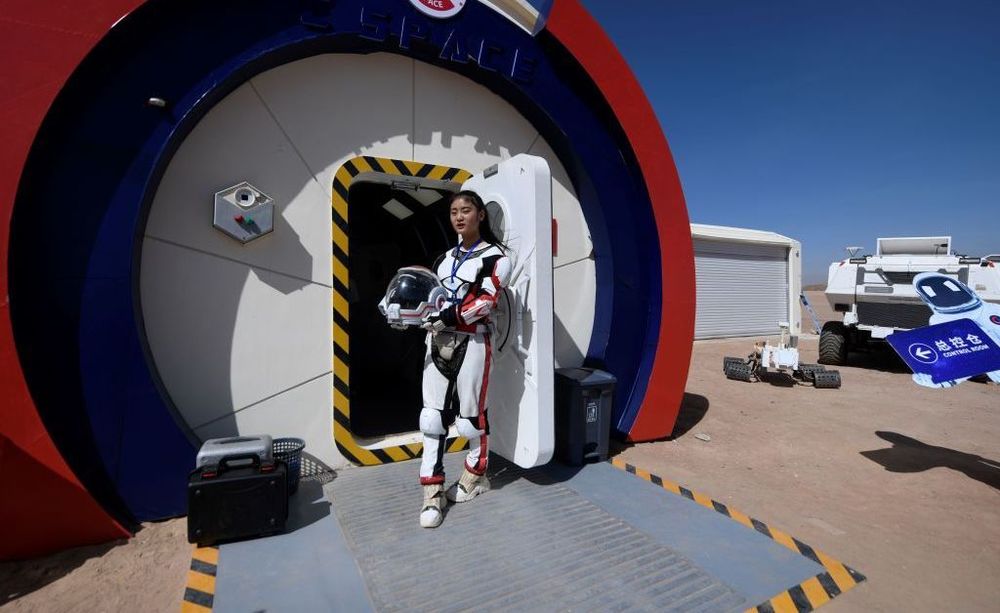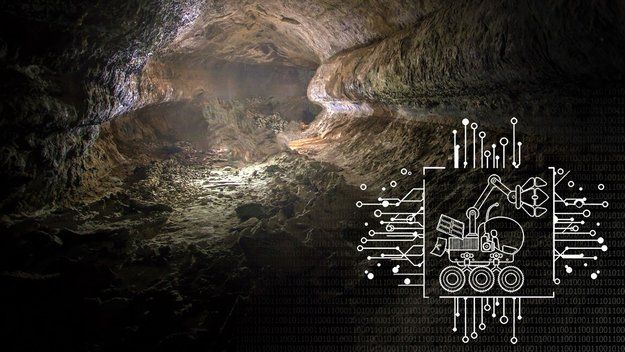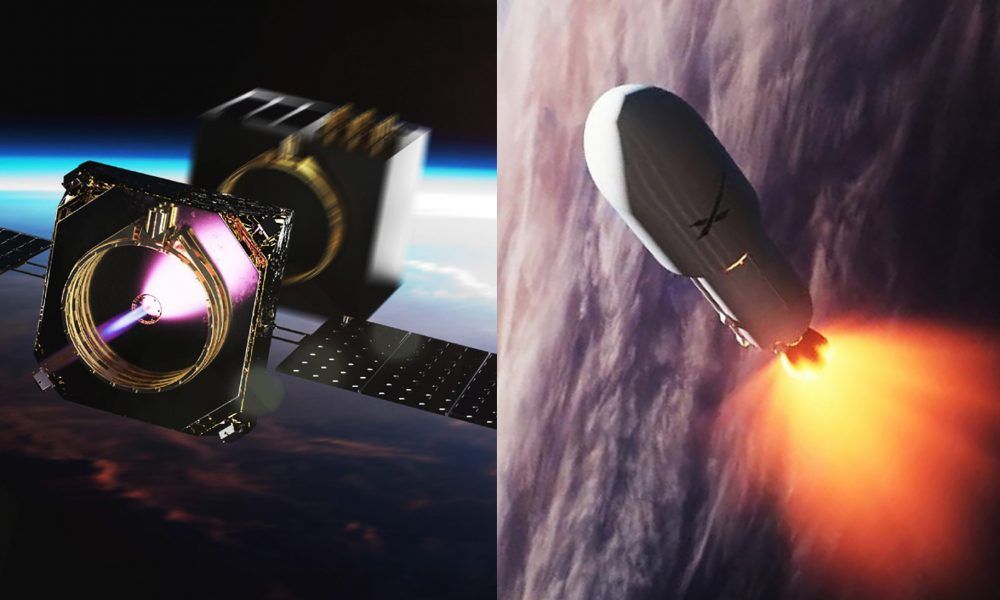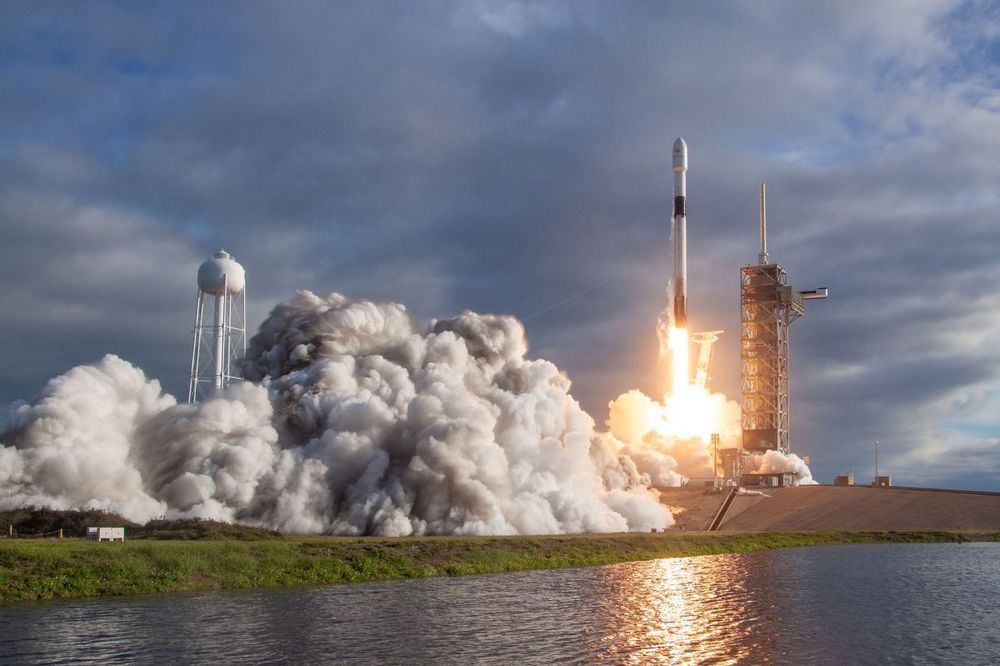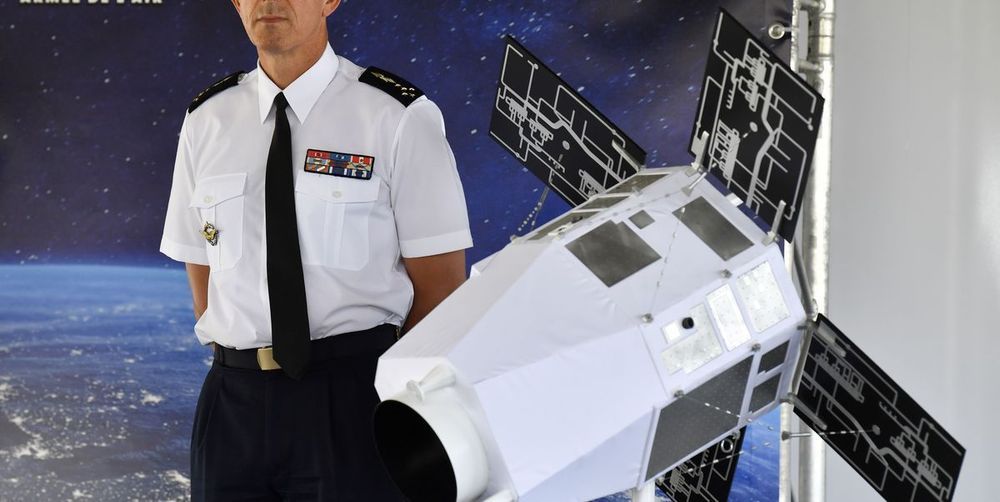WASHINGTON — SpaceX is asking federal regulators to allow it to spread out satellites in more rings around the Earth, saying the tweak to its orbital plans could bring coverage to the southern United States in time for next year’s hurricane season.
In a filing to the U.S. Federal Communications Commission, SpaceX said it wants to triple the number of orbital planes at 550 kilometers, the altitude where its lowest layer of Ku- and Ka-band Starlink satellites are to operate.
SpaceX launched its first 60 Starlink satellites May 23 on a Falcon 9 rocket. The company needs another six Starlink launches before it will have enough satellites to start partial service, but by splitting satellites into 72 rings instead of 24 as originally envisioned, Starlink will be more spread out, enabling greater launch efficiency, SpaceX said.
